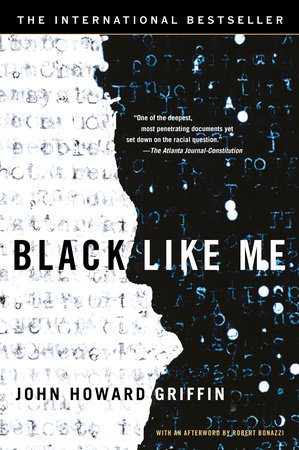Laura Kina: Blue Hawai’i
Harold B. Lemmerman Gallery
New Jersey City University
Hepburn Hall, Room 323
2039 Kennedy Boulevard
Jersey City, New Jersey
2015-01-27 through 2015-03-03
Artist Reception: 2015-01-29, 16:30-19:30 EST (Local Time)
Artist Talk: 2015-03-02, 17:30-18:30 EST (Local Time)

Laura Kina, Canefield Workers, 2013, oil on canvas, 30 x 45 inches. |
“You won’t find Elvis or surfboards or funny umbrella-topped cocktails in my dystopic Blue Hawai’i.” The Chicago-based artist Laura Kina speaks of her latest series of paintings which are featured in this exhibition. Drawn from her family albums, oral history and community archives, Kina’s ghostly oil paintings employ distilled memories to investigate themes of distance, longing, and belonging. The setting of these paintings is her father’s Okinawan sugarcane field plantation community, Piʻihonua, on the Big Island of Hawaiʻi near Hilo. The predominant blue color of the series was inspired by the indigo-dyed kasuri kimonos repurposed by the Issei (first generation) “picture bride” immigrants for canefield work clothes. Blue Hawaiʻi echoes the spirits of Kina’s ancestors and shared histories of labor migration.
In 2009, Kina accompanied her father back to his hometown community in Hawaiʻi to interview him along with other Nisei (second generation) and Sansei (third generation) about their memories of plantation life. In 2012, she traveled to Okinawa with her father, collecting stories of heritage and history. She learned of her grandmother and great aunts having been Kibei Nisei, i.e., sent to Japan for their education and that in the devastation of WWII and the Battle of Okinawa, four family members were killed–two by forced suicide.
As U.S. relatives ceased to use the Okinawan dialect of Uchinaguchi or standard Japanese, stories like these were lost. In Blue Hawaiʻi, Kina seeks to reclaim these histories via reanimated traces from old photographs and present-day vestiges visible in paintings such as “Okinawa—All American Food” and “Black Market,” which capture the remnants of war and a continued American military presence in contemporary Okinawa. Risking distortion, misreading, nostalgia and erasure, the artist fully engages in, what she calls, “the messy business” of memory, collapsing time and space into one Blue Hawaiʻi.
Laura Kina is Vincent de Paul professor of Art, Media, & Design at DePaul University. She is the coeditor, along with Wei Ming Dariotis, of War Baby/Love Child: Mixed Race Asian American Art (University of Washington Press, 2013); cofounder of the DePaul biennial Critical Mixed Race Studies conference; and cofounder and consulting editor of the Journal of Critical Mixed Race Studies and reviews editor for the Asian Diasporic Visual Cultures and the Americas.
Her solo exhibitions include Blue Hawaii (2014), Sugar (2010), A Many-Splendored Thing (2010), Aloha Dreams (2007), Loving (2006), and Hapa Soap Operas (2003). She has exhibited at the Chicago Cultural Center, India Habitat Centre, Nehuru Art Centre, Okinawa Prefectural Art Museum, the Rose Art Museum, the Spertus Museum, the University of Memphis, and the Wing Luke Museum of the Asian Pacific American Experience.
For more about the exhibition, view an on-line catalog here.




